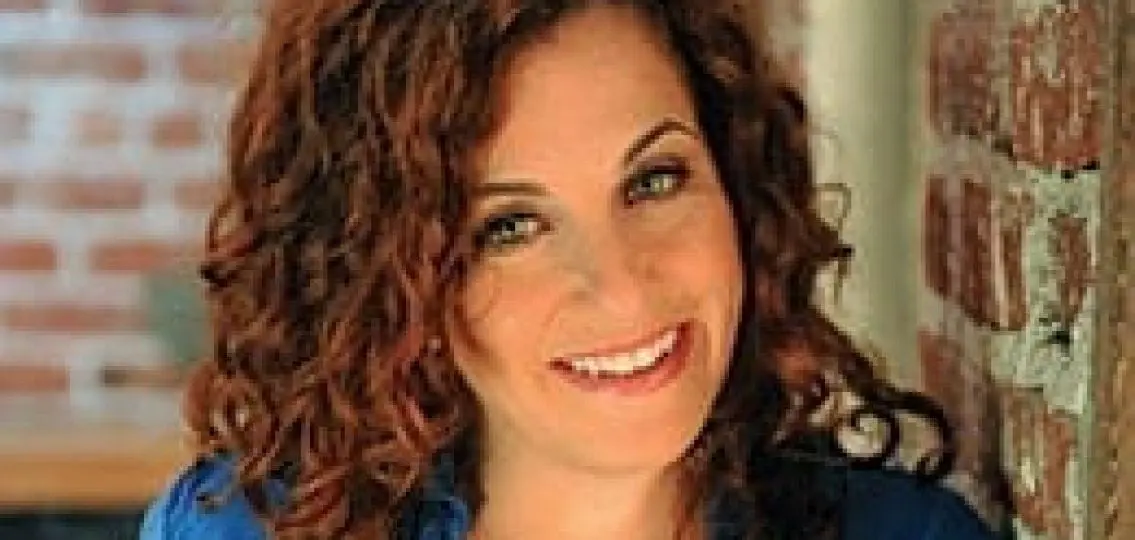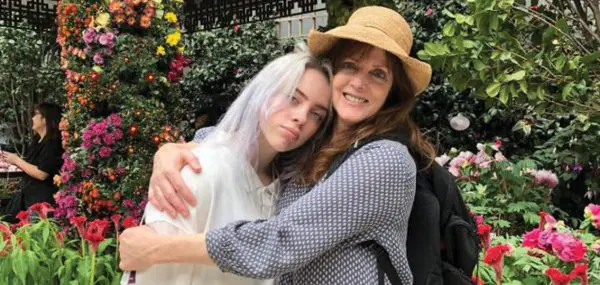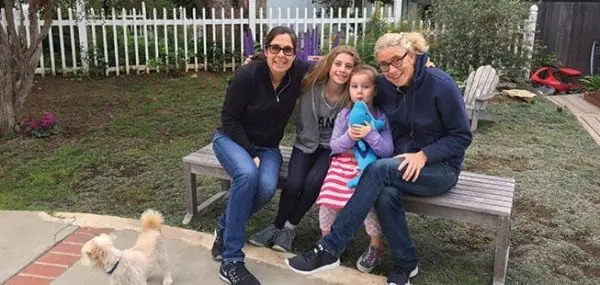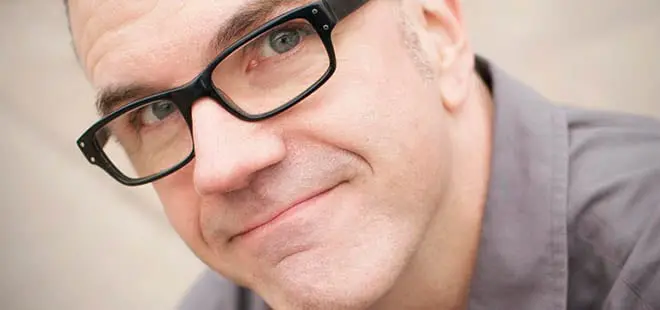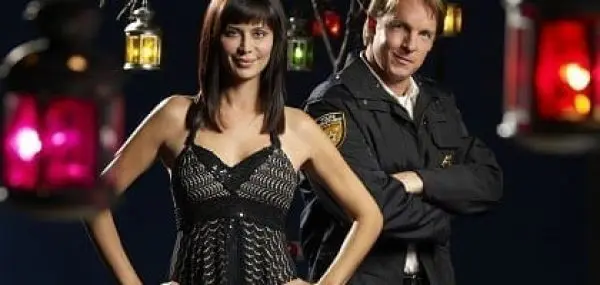Ayelet Waldman is the author of Bad Mother: A Chronicle of Maternal Crimes, Minor Calamities, and Occasional Moments of Grace and eleven novels, including the popular series Mommy Track Mysteries and the just-released Love and Treasure.
Author Ayelet Waldman Interview
Q: Your oldest children are now teenagers. How has that transition been for you?
Waldman: In all honesty, I think I’m a better parent of teenagers than I was of anything post baby. I did not expect that to be true. I expected that I would be horrible at it. But, I like the role of consultant versus manager. It feels really comfortable for me to be able to say, “Well, here are your choices. What do you want to do?” I also love having other adults around who are interesting and fun to hang out with. As a high school graduation present, my husband, Michael, and I took our daughter on one of my book tours. And, it was really fun. She was like a third adult on the trip—someone else to hang out with, someone else to make jokes with, someone else with a different perspective. It’s the same with my older son, though with him, school is one area that’s still hard. We get along in that area, but I’m much more maternal.
Q: What do you mean by that?
Waldman: Well, he has learning disabilities, so there’s more management in monitoring his homework, tutor schedules, etc. With my older daughter, I didn’t have to say anything about school because she got good grades without my needing to hover. My son still needs that.
Q: And how old is he?
Waldman: He is 16 now. And in all other ways, he’s independent. He’s also funny and nice to be around and thoughtful to his sisters. You know the adolescent brain is a really interesting, lunatic thing—and wildly amusing. It’s even funny when they pontificate that they’re sure they were the first person to have ever thought of something.
Q: You also have two younger kids.
Waldman: Yes, they are 10 and 12. So, my younger daughter is just verging into tween years, which is significantly less fun. She’s a hyper-social girl, and there is just constant drama—this girl doesn’t like her, that girl isn’t her friend anymore, this girl wants to be friends with that girl, this girl has a crush on this boy…it’s constant. At this age, they’re consumed with who likes whom, who wants goes out with whom and who’s got what dress. And frankly, this is the least interesting subject to me. I was a really unpopular kid in middle school, but even then, I didn’t talk about any of that stuff. So, I sit there with my eyes rolling back in my skull. But of course I can’t say, “I will kill myself if I listen to another half hour of this!” I just say, “Uh-huh, tell me more.”
Q: Did you happen to read Andrew Solomon’s review of Jennifer Senior’s book, All Joy and No Fun? He talks about how tolerating our children is the cornerstone of loving them. So, really, when you want to shoot yourself because you can’t listen anymore, that’s the sign of true love.
Waldman: The moment I’m listening about middle school romances is the moment I’m at my best because I really don’t care. But, she does. It’s the moment of true love. I’m going to remember that. I like that.
Q: You said in middle school that you were unpopular.
Waldman: It’s funny because none of my kids have experienced what I experienced in middle school, and my husband was like me. When I was a kid, I was just in tremendous pain. It was brutal what I went through as a middle school student. Really brutal.
Q: You were bullied?
Waldman: Yes, and I would cry, and cry, and cry. My mother would comfort me, but she would always say some version of, “I just don’t understand because I was so popular when I was a kid.” And that was just agony for me when she would say that because it meant I was a failure. So, I was totally ready to be this stalwart for my kids. But so far, they haven’t needed it.
Q: How has parenting been different than you envisioned?
Waldman: We knew we were going to have three or four kids. But, I envisioned them as perfect, profoundly gifted, and amazingly competent children. I saw us sitting around the dinner table discussing Kant and Nietzsche before they’d go off and do their homework and get straight As. But then they hatched, and they are themselves. When my oldest was 17 months old, we took her to my college reunion at Wesleyan, and we were near the football field. I said to Michael, “I have this book, and it says that at this age they’re going to start walking away. They take six steps, and they look back and take another six steps, and then they chicken out.” So, we put her down, and she started walking. We’re waiting and waiting for her to turn around, but she walked the length of the football field. She’s a dot on the horizon, and she never turned around. And that’s the way she’s always been—like a self-powered motorboat. She loves us, but she doesn’t need us. She checks in. Her brother was the opposite. For the first two years, he just sat on my lap. He’s sweet and gentle and he’s always asking my opinion about what he should do. They’re individuals, and I can’t treat them all the same way. It may not be fair, but everybody gets what they need and not what they think they want.
Q: You wrote a book on parenting, Bad Mother, and had some controversial moments.
Waldman: Yes, many years ago I said that I put my husband above my kids and people went insane. But now it’s just not that shocking. People can now see that placing children on a pedestal is problematic. Back when I was saying it, people, were still in the thick of it. Now, there’s a backlash, and more people are saying, “We need to hover less,” or “We need to be more like the French.”
Q: Some young adults who were raised on that pedestal are now having a hard time in the “real world.”
Waldman: Yes, and even though I said all that, my daughter is the same way. She didn’t do well her first semester of college, and I said, “Because you actually have to work hard.” Just being bright and witty is not enough. Our kids need to learn that they don’t have to be special. They need to find a person to love, they need to be happy, but being special is irrelevant.
